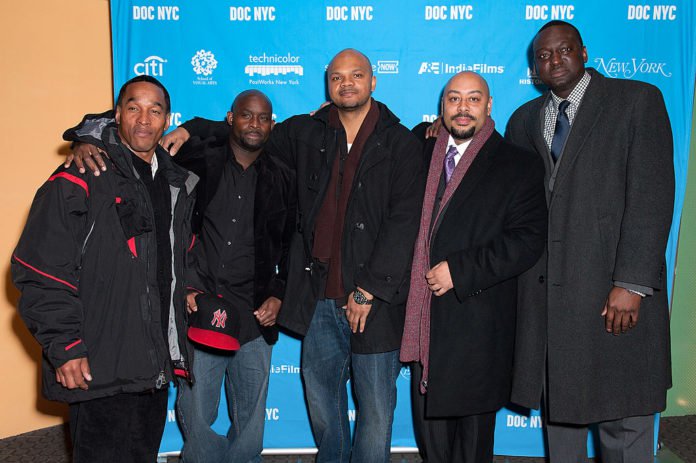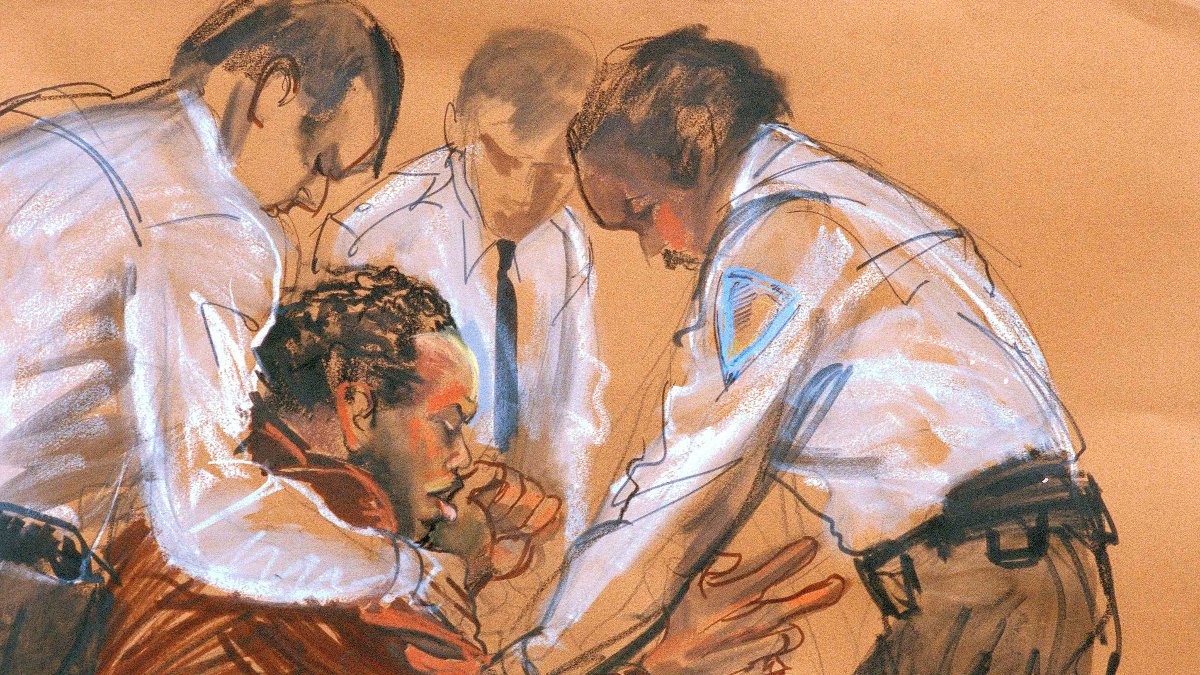[ad_1]
As Ava DuVernay‘s Netflix series, When They See Us gains traction and brings back discussion of the Central Park Five case, the focus has mostly been on what happened back then to the five teen boys who were wrongfully convicted of a horrible 1989 rape and systematically railroaded by a crooked criminal justice system that saw five Black scapegoats instead of innocent young men.
The case ultimately made those who were part of the prosecution’s team sought after, well-respected attorneys and criminal experts. Now that the series has shined a brighter light on the case, people like Linda Fairstein are feeling the heat. The retired New York sex-crimes prosecutor even reportedly tried to negotiate with DuVernay on how she was to be portrayed in the film including approvals over the script, something the director clearly wasn’t feeling.
READ MORE: The Central Park Five Case: Where the racist cops and prosecutors are now
Everyone has a strong opinion about how this will all unfolded including those in the legal profession who know the ramifications of the case and what type of precedent it has set.
TheGrio asked five prominent legal experts who have monitored the case since it first began 30 years ago and have thoughts about how it has affected the criminal justice landscape across the country. Some feel the prosecution worked towards a conviction of these Black boys regardless of the evidence (or lack there of) presented, while others say the odds were simply unfairly stacked against them.
Nonetheless, collectively everyone believes the prosecuting team bears some responsibility for overzealously pursuing the conviction they ultimately were granted, but pursued at the cost of true justice.
Here’s what they had to say.
1Who wields the power?

Korey Wise, Antron McCray, Kevin Richardson, Raymond Santana, and Yusef Salaam (L-R). (Photo by D Dipasupil/Getty Images)
“One of the central pieces of our work is trying to shed some light on the tremendous authority prosecutors have in the criminal justice system. This is an egregious example of prosecutorial misconduct, but this also illustrates that prosecutors hold the keys, who gets charged, and how to evaluate evidence.
The team of prosecutors had the ability to stop this thing in its tracks. There were many instances where it should have been clear they were barking up the wrong tree. They felt they had the right guys and clearly had some pressure to bring someone to justice. Where race and class come in, these were the perfect suspects that no one was willing to vouch for.
“…It’s fair to say there’s a critical mass of prosecutors who continue to make what I believe are questionable decisions.”—Jason Williamson
Linda Fairstein has been getting attention a lot since Ava DuVernay’s film came out because she continues to deny that any mistakes were made by her or her office when there clearly were. The point is this is something that happens much too frequently and there’s nothing in place to hold prosecutors accountable, which is what we’re trying to do [at the Center for Constitutional Rights].
Of course, prosecutors are not a monolith. Particularly in recent years, there are more progressive prosecutors being elected. We’re trying to get people involved in voting in local district attorney races because they have so much power. I’m speaking with a broad brush, but it’s fair to say there’s a critical mass of prosecutors who continue to make what I believe are questionable decisions.” —Jason Williamson, Deputy Director of the ACLU Criminal Law Reform Project
[ad_2]
Source link

